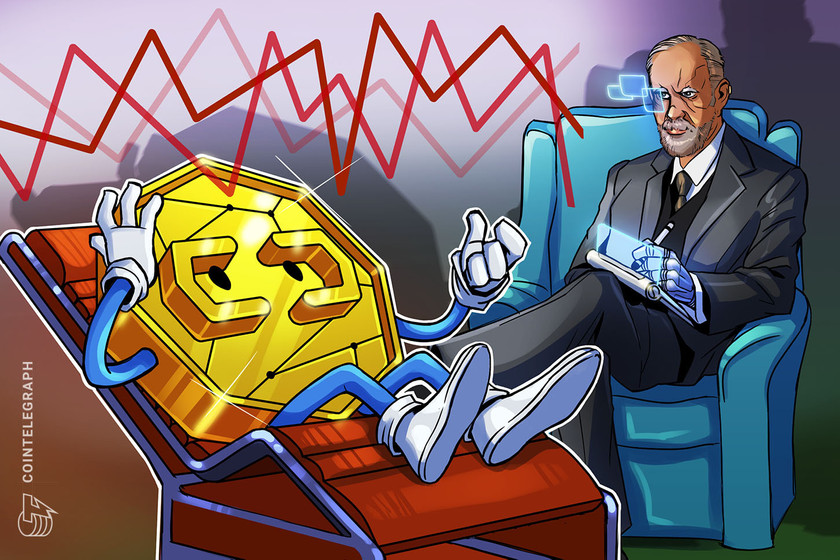ECB to consider further digital euro study in 2021
The report is only the start of the discussion and raises more questions before officially studying the digital euro.
584 Total views
1 Total shares

The European Central Bank (ECB) could begin seriously considering and studying the digital euro by mid-2021, the bank said in a report released Oct. 2.
The report examined how a digital euro may impact retail payments and how it can protect payments in the future. It also looks at how virtual currencies could fit within the landscape of the entire Eurosystem. However, it does not specify what model the ECB should take when and if it designs its digital currency.
Based on the report, the ECB may start a virtual currency program “to ensure meaningful answers are obtained to the open questions raised” by the middle of next year, possibly with an investigation phase to develop the digital euro and conduct experiments. It added that before issuance can be discussed, the ECB needs to consider the various stakeholders’ views.
The report noted digital currencies could bring more financial accessibility:
“The possible advantages of a digital euro and the rapid changes in the retail payment landscape imply that the Eurosystem needs to be equipped to issue it in the future. A digital euro could support the Eurosystem’s objectives by providing citizens with access to a safe form of money in the fast-changing digital world. This would support Europe’s drive towards continued innovation. It would also contribute to its strategic autonomy by providing an alternative to foreign payment providers for fast and efficient payments in Europe and beyond.”
The ECB said there are several requirements that a digital euro must meet if it is created. The first is that it must keep pace with technology and be made available “through standard interoperable front-end solutions throughout the entire euro area and be interoperable with private payment solutions.” Second, it should match distinctive features of cash, be easy for everyone to use, be free of charge, and protect privacy. The digital euro must also have functionalities “that are at least as attractive as those payment solutions available in foreign currencies or through unregulated entities” and must be a tool to improve monetary policy transmission. It should also be widely available through resilient channels separate from other payment services and can withstand extreme events like a global pandemic.
The ECB said the digital euro must also be available outside the Eurozone, be cost-saving and its design be environmentally friendly, meaning it should be based on technology that minimizes ecological footprints.
For the ECB, a digital euro must be designed to avoid being used as a means for investment, or even be considered a cryptocurrency or a stablecoin. But rather be used primarily as a form of payment to avoid fluctuations in price:
“Given the risks for monetary policy transmission and financial stability, it is not desirable for the digital euro to attract very large investment inflows. However, if individual holdings of digital euro were too low, either because of rigid constraints or because of disincentives applied above a relatively low threshold, then the digital euro would be less attractive as a means of payment and less competitive than alternative instruments.”
The report also discussed various technical and organizational models if the digital euro is to be launched. While the report is comprehensive, the ECB stressed it wants to create discussion around digital currencies with other stakeholders. It does not set out specific methods for how the digital euro can be distributed.
ECB President Christine Lagarde said on Sept. 10 that the Eurosystem has not yet made a decision to release the digital euro or not, though Lagarde has been supportive of it and emphasized it will not replace fiat.









